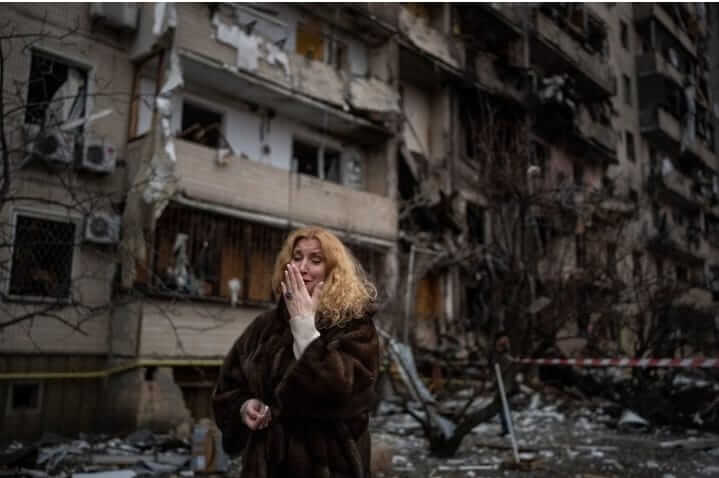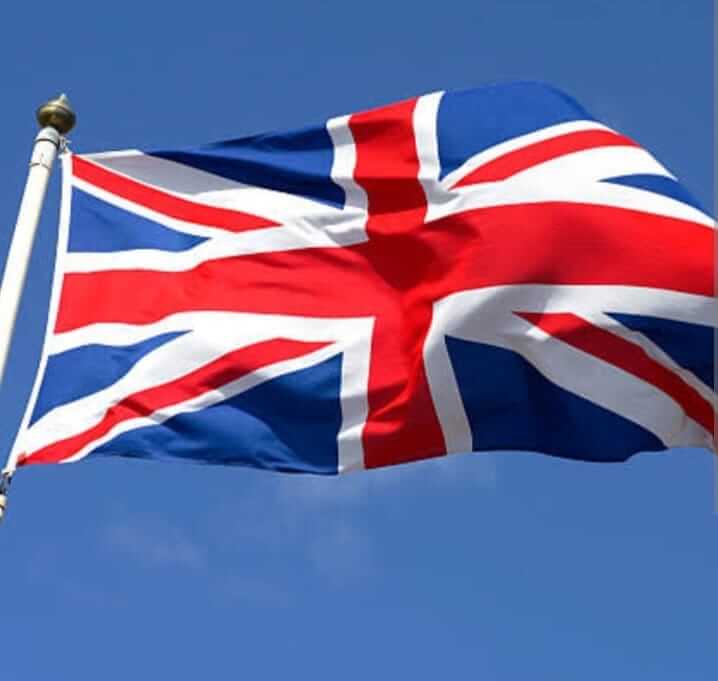Pak Chronicle Web Desk
Russia Ukraine War: Russia Ukraine Conflict is turning from bad to the worst with the passage of every day as at least 42,295 people have already died due to ongoing war between the two countries.
The recent war between Russia and Ukraine had started on 24 February 2022 when Russia had invaded and occupied parts of Ukraine.
The war, besides killing thousands of people from both sides, has also created the largest refugee crisis in Europe after World War II. As the result of the Russia/Ukraine war, according to some estimates, eight million Ukrainians were displaced within their country and roughly around 8.1 million persons had to flee from the country so far till filing of the report.
According to Reuters a total of approximately 14 million people have been displaced on account of the war between the two countries.
According to Reuters, at least 59,000 people have received non-fatal injuries due to ongoing conflict while at least 15,000 persons have gone missing as the outcome of the war.
Apart from human losses which are indeed very high by any standard, this war has proved to be fatal for infrastructure. So far 140,000 buildings have been destroyed during this war. In terms of property damages, so far approximately US$411B losses have occurred.
The ongoing conflict between Russia and Ukraine, which actually had begun in 2014, is one of the most significant geopolitical crises of the 21st century. The roots of the conflict go back to the fall of the Soviet Union in 1991, when Ukraine gained independence and became a sovereign nation. However, Ukraine’s relationship with Russia remained complicated, as many Ukrainians felt a strong cultural and linguistic connection to their Russian neighbors.
The situation escalated in 2014, when the pro-Russian President of Ukraine, Viktor Yanukovych, was ousted in a popular uprising and replaced with a pro-Western government. Russia responded by annexing Crimea, a strategically important region that had been part of Ukraine since 1954. The annexation was widely condemned by the international community, with many countries imposing sanctions on Russia in response.
Since then, the conflict has escalated into a full-blown war, with separatist rebels in eastern Ukraine fighting against Ukrainian government forces. The separatists are believed to be supported by Russia, which has been accused of providing them with weapons, training, and other forms of assistance. Russia denies involvement in the conflict, but there is strong evidence to suggest otherwise.
The war has had a devastating impact on both Ukraine and Russia. Thousands of people have been killed, and many more have been displaced from their homes. The conflict has also had a significant economic impact, with both countries suffering from a downturn in trade and investment.
The international community has been heavily involved in trying to resolve the conflict, but so far, progress has been limited. The Minsk agreements, signed in 2015, aimed to bring an end to the conflict by providing for a ceasefire, the withdrawal of heavy weapons, and the establishment of a special status for the separatist regions. However, the agreements have been repeatedly violated, and the conflict has continued to escalate.
The conflict in Ukraine is not just a local issue. It has significant implications for the broader geopolitical landscape, particularly in relation to Russia’s relations with the West. The annexation of Crimea and Russia’s involvement in the conflict have been widely condemned by Western countries, leading to a deterioration in relations between Russia and the West.
There is no easy solution to the conflict in Ukraine, but it is clear that the international community must continue to work towards a peaceful resolution. This will require a willingness to engage in constructive dialogue and to find common ground, as well as a commitment to respecting the sovereignty and territorial integrity of Ukraine.
In conclusion, the conflict between Russia and Ukraine is a complex and multifaceted issue with far-reaching implications for the broader geopolitical landscape. The war has had a devastating impact on both countries, and it is clear that a peaceful resolution is urgently needed. The international community must continue to work towards a resolution that respects the sovereignty and territorial integrity of Ukraine while promoting stability and security in the region.
Ends



